Data Sustainability
In the rapidly evolving landscape of bioinformatics, research data is the bedrock of discovery, innovation, and progress. But how secure is this foundation for the future? This panel will examine the critical challenge of Data Sustainability: the proactive and principled approach to ensuring that valuable research data, along with the necessary infrastructure, funding, expertise, and governance, remains findable, accessible, interoperable, reusable (FAIR), and ethically managed throughout its entire life cycle and for future generations. It is about transforming data from a transient output into a durable asset that continues to yield scientific insights and maximize return on investment over decades.
The imperative to responsibly manage and preserve our collective digital knowledge has never been more acute. Enabling data to be efficiently preserved, shared, and reused accelerates discovery, decreases redundancy, and safeguards the substantial investments made in research. In a challenging funding landscape where critical biomedical datasets can be at risk of being deprioritized, censored, or lost, the need to champion sustainable data practices is paramount. Lost or inaccessible data represents a setback to scientific advancement, leading to wasted resources and the costly repetition of already completed research and analyses.
This panel will bring together a variety of perspectives to explore the challenges and possible solutions for achieving data sustainability. We will discuss practical strategies and address pressing questions on the topics of FAIR and CARE principles in action (and their limitations for sustainability), sustainable funding and infrastructure models, the role of open source and open science in long-term sustainability, data lifecycle management and stewardship, technical and scalability challenges, and ethical considerations.
Panelists
Tony Burdett
Tony Burdett is the Director of BioFAIR, a UKRI-funded federated digital research infrastructure for UK life sciences. He has more than 20 years experience in life sciences and bioinformatics research infrastructure, and has been a long-standing advocate for FAIR data and the corresponding culture change that is needed to promote sustainable, open, data-driven research. His background is medical, biological and software engineering: he has a BSc in Biomedical Science and an MRes in Bioinformatics. Across his career, Tony has built up extensive experience of leading teams that run large scale, FAIR-enabling biological data management solutions, public repositories, and research infrastructure.
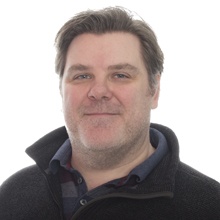
Nicky Mulder
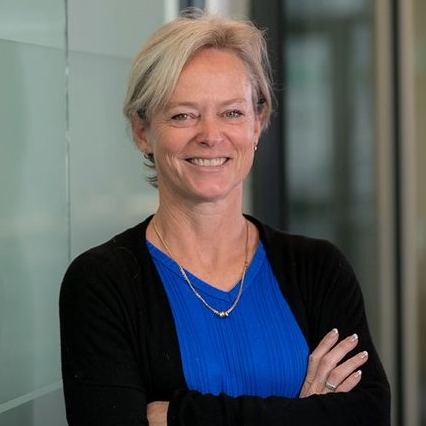
Nicola (Nicky) Mulder, PhD, is Professor and head of the Computational Biology (CBIO) division at the University of Cape Town, and Principal investigator of the Harnessing Data Science for Health in Africa eLwazi Open Data Science Platform. For 12 years, she led H3ABioNet, a Pan-African bioinformatics network for H3Africa, which built bioinformatics capacity on the continent. Her group provides bioinformatics services and develops new algorithms for the analysis of complex African genetic data. Prof. Mulder is actively involved in bioinformatics capacity development globally and sits on a number of international scientific advisory boards, including the board of directors of the International Society for Computational Biology (ISCB),
Varsha Khodiyar
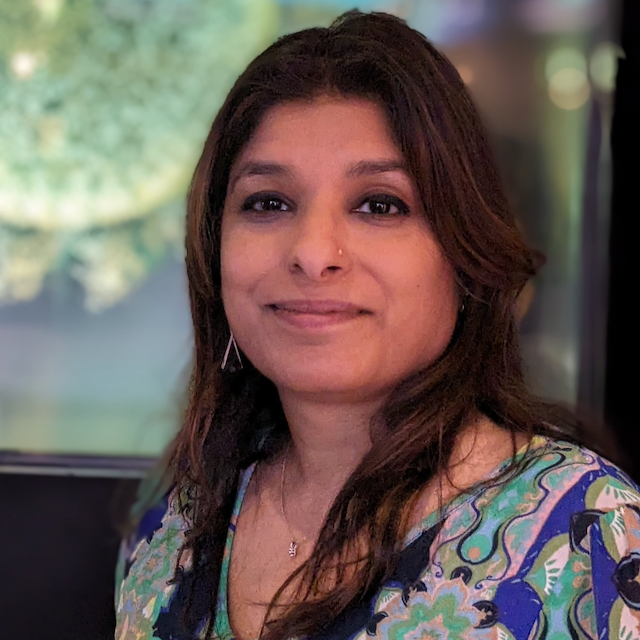
Chris Mungall
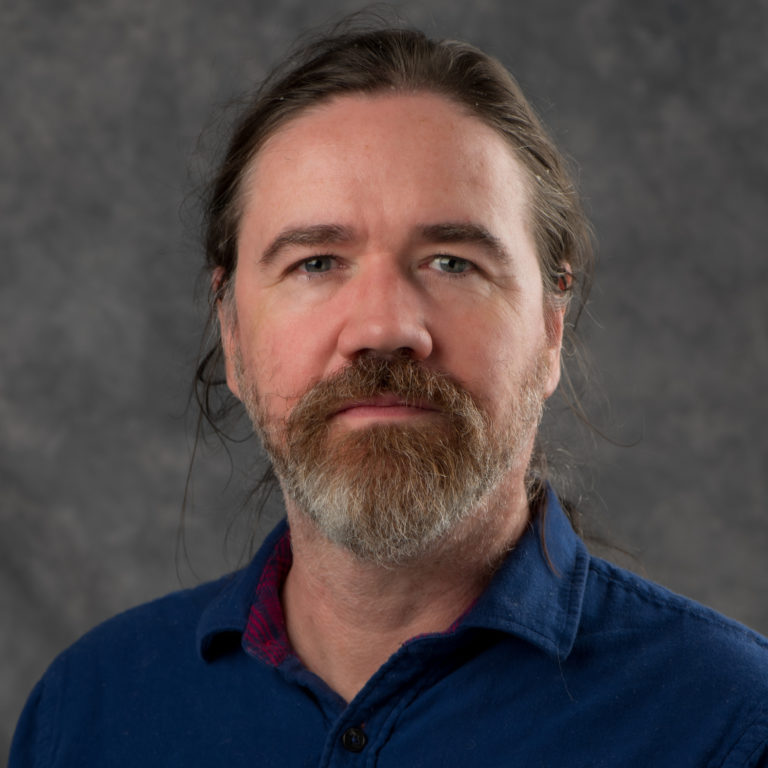
Dr. Chris Mungall, a Senior Scientist at Berkeley Lab, has led the creation of key biological ontologies for the integration of resources covering gene function, anatomy, phenotypes and the environment, including the Gene Ontology, the Uberon anatomy ontology, the Cell Ontology (CL), and the Mondo disease ontology. His research centers around the capture, computational integration, and dissemination of biological research data, and the development of methods for using this data to elucidate biological mechanisms underpinning the health of humans and of the planet. For decades, he has been a strong advocate for open-source bioinformatics software, open standards, and open science.
Scott Edmunds
Dr Scott Edmunds is Editor in Chief of GigaScience, the Hong Kong based Open Science journal that publishes data and software papers (and which launched at ISMB in 2012). After PhD and postdoctoral research experience in Cancer Molecular Pathology, he has spent nearly 20 years working in open access publishing and open data. He has co-founded Citizen Science organisations Bauhinia Genome and CitizenScience.Asia, and is on the Board of Directors of the Dryad Digital Repository and Make Data Count. He has also taught data management and curation at Hong Kong University.
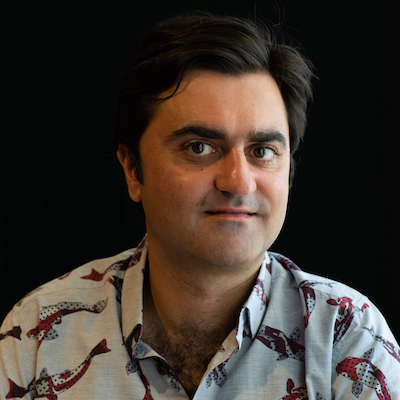
MODERATOR: Monica Munoz-Torres
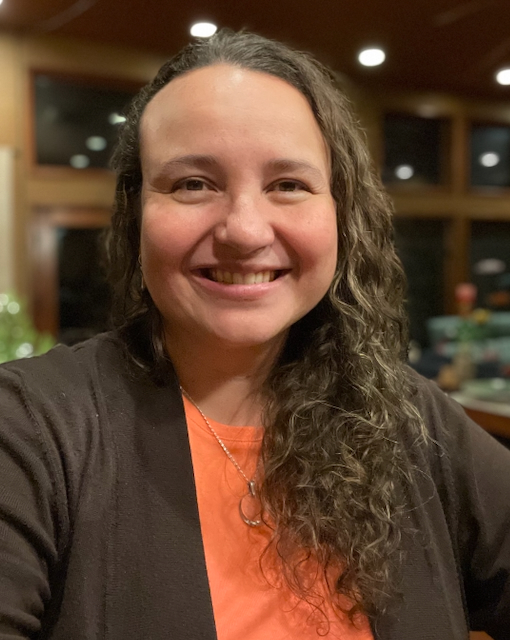
Dr. Munoz-Torres is an Associate Professor at the University of Colorado Anschutz Medical Campus. She leads the Standards Team and is the Co-chair of the Steering Committee for the NIH-funded Bridge to Artificial Intelligence (Bridge2AI) Program. She is also Co-Lead of the Clinical & Phenotypic Data Capture Work Stream of the Global Alliance for Genomics and Health (GA4GH). Dr. Munoz-Torres’s expertise spans genomics, biocuration, knowledge representation, and data harmonization, as well as the development of software tools and standards to advance these fields.